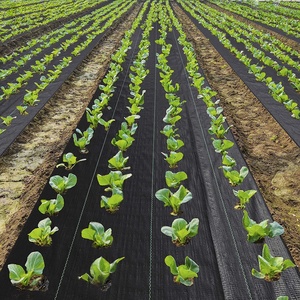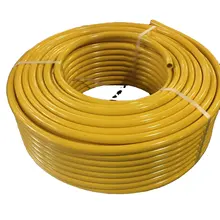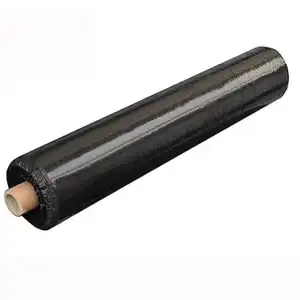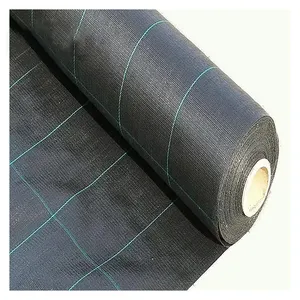Agricultural Ground Cover: An Essential for Modern Farming
Agricultural ground cover is a pivotal component in contemporary ground cover farming practices. This category encompasses a variety of materials used to cover the soil in agricultural settings, offering a multitude of benefits to enhance crop production. Ground covers are particularly significant in optimizing the microclimate around plant roots, which is crucial for healthy growth and yield.
Types and Textures of Ground Covers
The diversity in agricultural ground cover types is vast, catering to different agricultural needs. These covers come in multiple textures, ranging from smooth to those with diamond-shaped patterns. Textured covers are often favored in farming due to their reduced susceptibility to the expansion and contraction that can occur with temperature fluctuations, which might otherwise compromise their position on the soil bed.
Applications and Advantages
The application of ground covers in agriculture serves several functions. Primarily, they act as a barrier against weeds, blocking sunlight and suppressing unwanted growth. This is a natural approach to weed control, reducing the need for chemical herbicides. Additionally, ground covers are instrumental in soil insulation, maintaining the necessary warmth for thermophilic plants and enabling the growth of certain perennial fruits outside their typical season. The improved soil structure is another notable benefit, as the cover prevents soil compaction from foot traffic, thus enhancing aeration and promoting healthier plant development.
Features: Material Considerations
When selecting an agricultural ground cover, the material's features are a primary consideration. The thickness of the material is a determinant of its durability and also influences its weight. While thicker materials may offer extended longevity, they are also heavier and may influence handling and transportation. The color of the ground cover is another aspect to consider, with options ranging from clear to dark, each serving specific agronomic purposes.
Advantages of Ground Cover in Agriculture
The strategic use of ground covers in agricultural ground cover systems can lead to significant advantages. They not only improve the physical properties of the soil but also contribute to moisture retention and temperature regulation. This can result in reduced irrigation requirements and better protection against frost, thereby supporting sustainable farming practices.
Choosing the Right Agricultural Ground Cover
In the realm of ground cover farming, making an informed choice about the right type of ground cover is crucial. Factors such as the specific crop needs, climate conditions, and soil type should guide the selection process. For those in the agricultural sector seeking a variety of ground cover options, Alibaba.com stands as a comprehensive marketplace. It connects buyers with a diverse array of suppliers, offering a broad spectrum of ground cover solutions to meet different agricultural demands.






































 浙公网安备 33010002000092号
浙公网安备 33010002000092号 浙B2-20120091-4
浙B2-20120091-4